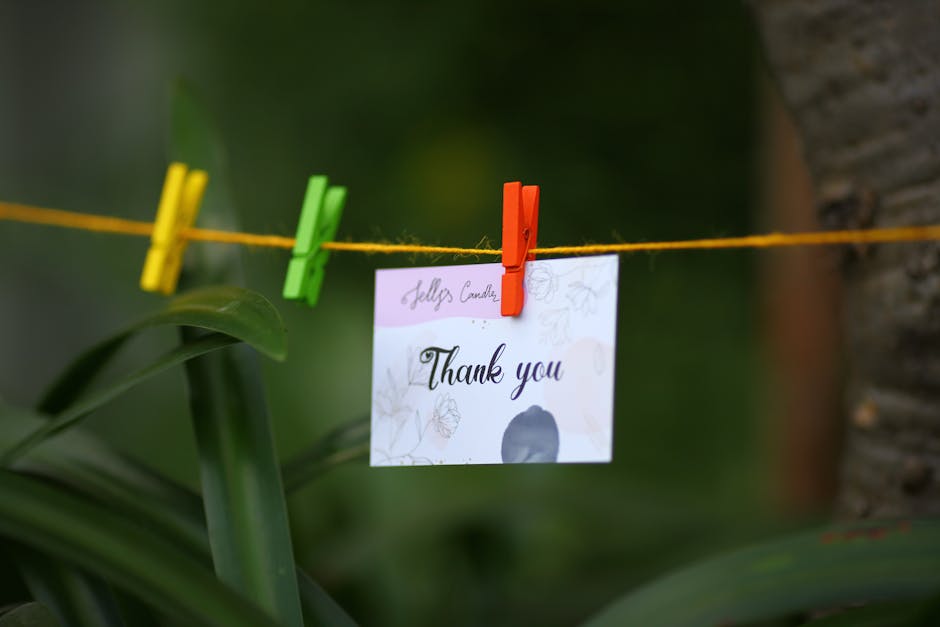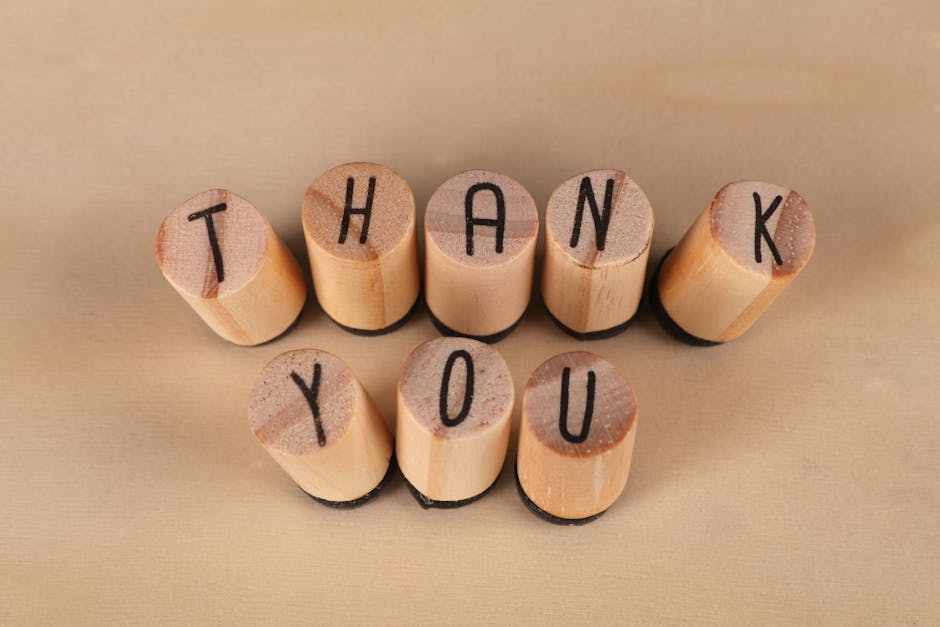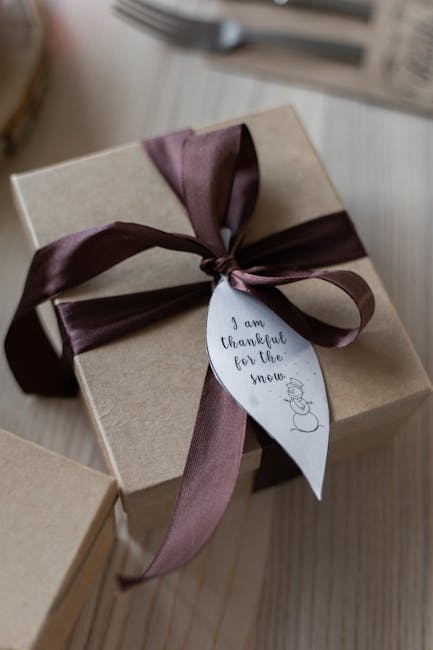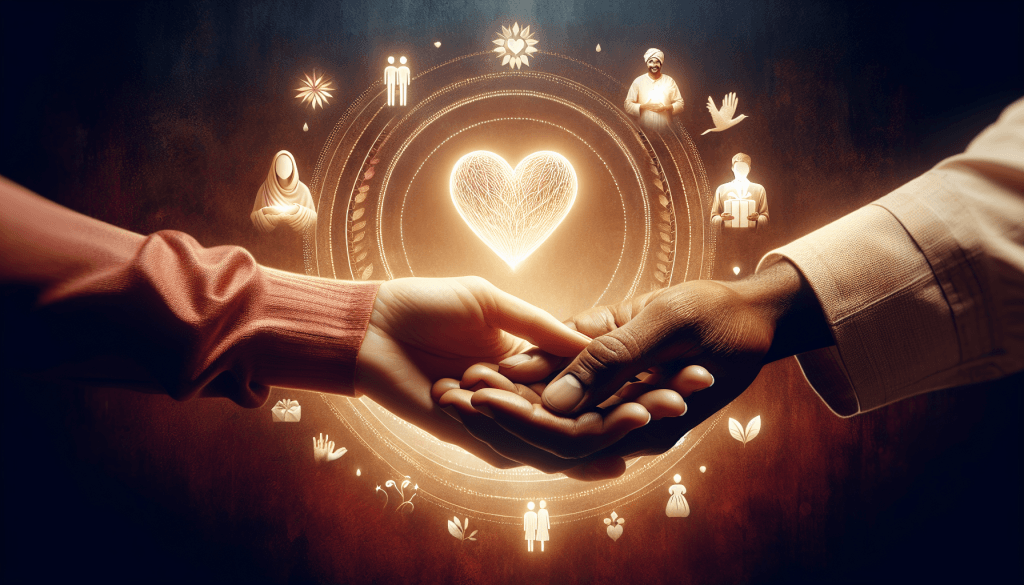Expressing appreciation and gratitude in a relationship is like watering a plant—it keeps the connection alive, thriving, and full of life. Without it, even the strongest bonds can wither over time. Whether you’re in a new relationship or have been together for decades, showing your partner that you value them is essential. But how do you do it in a way that feels genuine and meaningful? Keep reading to discover practical tips, creative ideas, and heartfelt strategies to make gratitude a cornerstone of your relationship.
Key Takeaways
- Appreciation strengthens emotional bonds and builds trust in relationships.
- Gratitude has psychological benefits, like reducing stress and increasing happiness.
- Small, consistent gestures can have a big impact on your partner’s well-being.
- Tailoring your expressions of gratitude to your partner’s love language makes them more effective.
Understanding the Importance of Appreciation and Gratitude in a Relationship
Why appreciation strengthens relationships
Think about the last time someone genuinely thanked you. Didn’t it feel amazing? Appreciation works like glue in relationships—it binds people together. When you acknowledge your partner’s efforts, it shows that you notice and value them. This creates a positive feedback loop, encouraging both of you to invest more in the relationship.
The emotional and psychological benefits of gratitude
Gratitude isn’t just good for your relationship; it’s good for your brain. Studies show that practicing gratitude can reduce stress, improve sleep, and even boost your immune system. In relationships, it fosters emotional intimacy and helps both partners feel secure and loved.
If you’re curious about how gratitude can improve your overall well-being, check out this guide on daily gratitude practices.
How lack of gratitude can harm a relationship
On the flip side, neglecting to express gratitude can lead to resentment and emotional distance. Imagine working hard to support your partner, only to feel invisible. Over time, this can erode trust and create a sense of imbalance.

Identifying Your Partner’s Needs
Discovering your partner’s love language
Not everyone feels loved in the same way. Dr. Gary Chapman’s concept of the five love languages—acts of service, words of affirmation, physical touch, quality time, and gift-giving—can help you understand how your partner prefers to receive love.
Acts of service
Does your partner light up when you do the dishes or fix something around the house? Acts of service might be their love language.
Words of affirmation
Some people thrive on verbal appreciation. A simple “I’m so proud of you” can make their day.
Physical touch
Hugs, kisses, and even holding hands can speak volumes for someone whose love language is physical touch.
Quality time
If your partner values undivided attention, spending quality time together is key.
Gift-giving
For some, thoughtful gifts are a tangible way to feel loved. It’s not about the price tag—it’s about the thought behind it.
Tailoring your actions to their love language
Once you’ve identified your partner’s love language, you can customize your expressions of gratitude. For example, if they value words of affirmation, write them a heartfelt note. If they prefer quality time, plan a special date night.

Practical Ways to Show Appreciation Daily
Incorporating small gestures into your routine
You don’t need grand gestures to show appreciation. Small, consistent acts can be just as meaningful.
Leaving thoughtful notes
Stick a Post-it on the bathroom mirror with a sweet message like, “You’re my favorite person.”
Preparing their favorite meal
Cooking their favorite dish is a delicious way to say, “I care about you.”
Being specific when expressing gratitude
Generic “thank yous” are nice, but specific ones are better.
Highlighting their actions
Instead of saying, “Thanks for everything,” try, “Thank you for folding the laundry—it really helped me relax tonight.”
Acknowledging their impact on your life
Let them know how their actions make a difference. For example, “Your support during my tough week meant the world to me.”
Flirting and keeping the romance alive
Don’t underestimate the power of playful banter and compliments. Flirting keeps the spark alive and reminds your partner that they’re still the apple of your eye.

Creative Strategies to Build Gratitude Together
Keeping a shared gratitude journal
A shared journal can be a fun and meaningful way to document your appreciation for each other.
Writing daily or weekly entries
Take turns writing about things you’re grateful for, whether it’s a kind gesture or a funny moment.
Reflecting on positive moments together
Revisit the journal during tough times to remind yourselves of the good in your relationship.
Setting monthly appreciation challenges
Make gratitude a game!
Trying new ways to express gratitude
Challenge each other to come up with creative ways to say “thank you,” like writing a poem or creating a playlist.
Celebrating milestones of gratitude
At the end of the month, celebrate your efforts with a special date night or a small gift.
Implementing fun and pleasurable penalties
Turn missed opportunities into playful moments. For example, if someone forgets to say “thank you,” they owe the other a back massage.

Communicating Gratitude Effectively
Saying how your partner makes your life better
Be specific about how your partner enriches your life. For example, “You make me laugh even on my worst days.”
Using actions to complement words
Words are powerful, but actions speak louder. Pair your verbal appreciation with meaningful gestures.
Balancing serious and lighthearted expressions of gratitude
Mix heartfelt moments with playful ones to keep things balanced. For instance, you could say, “Thanks for being my rock,” and later joke, “And thanks for not eating the last slice of pizza!”

Overcoming Challenges in Expressing Gratitude
Addressing discomfort with vulnerability
If expressing gratitude feels awkward, start small. A simple “thank you” can pave the way for deeper conversations.
Avoiding routine or insincere gestures
Make sure your expressions of gratitude feel genuine. Avoid saying the same thing every time—it can come across as robotic.
Rebuilding appreciation after conflicts
After an argument, showing gratitude can help mend fences. Acknowledge your partner’s efforts to resolve the issue and express your commitment to moving forward together.
Long-Term Benefits of Gratitude in a Relationship
Strengthening emotional intimacy
Gratitude fosters a deeper emotional connection, making you feel closer and more in sync with your partner.
Building a resilient partnership
When gratitude is a regular part of your relationship, it creates a strong foundation that can weather life’s challenges.
Fostering mutual respect and admiration
Over time, consistent appreciation builds mutual respect and admiration, which are essential for a healthy, lasting relationship.
For more insights on how gratitude can improve your mental well-being, explore this article.

Expressing appreciation and gratitude in a relationship doesn’t have to be complicated. It’s about noticing the little things, being intentional, and showing your partner that they matter. Whether it’s through words, actions, or shared experiences, gratitude has the power to transform your relationship into something truly extraordinary.
For more tips on cultivating gratitude, check out this guide.
So, what are you waiting for? Start showing your partner how much they mean to you today!
FAQ: How To Express Appreciation And Gratitude In A Relationship? Let’s Strengthen Those Bonds!
Why is expressing appreciation and gratitude important in a relationship?
Expressing appreciation and gratitude fosters a deeper emotional connection, builds trust, and strengthens the bond between partners. It helps both individuals feel valued and respected, creating a positive and supportive environment in the relationship.
What are some simple ways to show gratitude to my partner daily?
Small gestures like saying ‘thank you,’ leaving a thoughtful note, or giving a genuine compliment can go a long way. Acts of service, such as helping with chores or preparing a meal, also show appreciation in meaningful ways.
How can I express gratitude without using words?
Non-verbal expressions like a warm hug, a smile, or holding hands can convey gratitude. Thoughtful actions, such as surprising your partner with their favorite treat or spending quality time together, also speak volumes.
What should I do if my partner doesn’t seem to notice my efforts to show appreciation?
Communicate openly and share your feelings. Sometimes, people have different ways of perceiving love and gratitude. Understanding your partner’s love language can help tailor your expressions of appreciation to resonate with them more effectively.
Can expressing too much gratitude come across as insincere?
While gratitude is essential, overdoing it or expressing it in a way that feels forced can seem insincere. Focus on being genuine and specific about what you appreciate to ensure your expressions are heartfelt and meaningful.
How can I encourage my partner to express more gratitude in our relationship?
Lead by example and express gratitude consistently. Share how their actions positively impact you and gently communicate your desire for mutual appreciation. Creating a culture of gratitude often inspires reciprocation over time.
Is it important to express gratitude even for small things?
Yes, acknowledging small acts of kindness reinforces positive behavior and shows that you notice and value your partner’s efforts. Over time, this builds a foundation of mutual respect and appreciation in the relationship.
How can I make expressing gratitude a habit in my relationship?
Set aside time each day to reflect on what you’re grateful for about your partner. You can also create rituals, like sharing one thing you appreciate about each other before bed, to make gratitude a natural part of your routine.
What role does active listening play in showing appreciation?
Active listening demonstrates that you value your partner’s thoughts and feelings. By giving them your full attention and responding thoughtfully, you show that their perspective matters, which is a powerful form of appreciation.
Can expressing gratitude help resolve conflicts in a relationship?
Yes, gratitude can shift the focus from negativity to positivity, helping to de-escalate tension. Acknowledging your partner’s efforts, even during disagreements, fosters understanding and paves the way for constructive communication.



